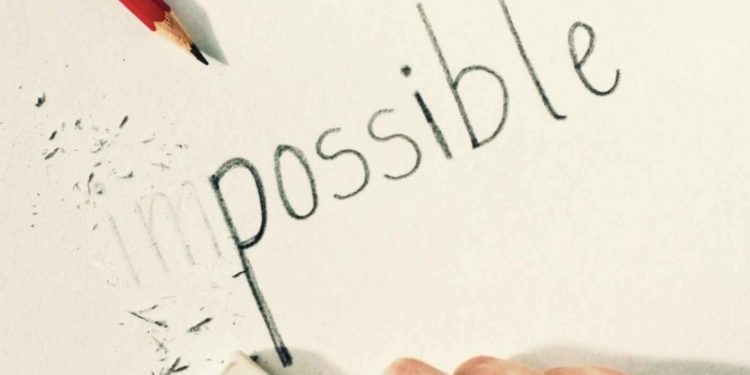The corona pandemic threatens not only our physical but also our mental health. And that, according to surveys, in a more complex way than you might think. It’s not just about everyday worries or fears about family members who may have been ill. The dark thoughts also continue in our professional everyday life. According to a recent Linkedin study, a good third (31 percent) of employees state that the pandemic has had a negative impact on their self-confidence at work.
Pollsters suspect that one reason for the lack of belief in oneself is primarily changes due to the obligation to work from home and social isolation. For example, 36 percent of those who feel a negative influence linked their shattered self-esteem to a lack of direct support from supervisors and colleagues. Another third complained about an increased workload and the feeling that they were not up to these challenges. 31 percent associate their perception with a change in their own tasks due to the corona pandemic. In addition, a lack of praise and confirmation from superiors is a reason for the bad mood.
The older, the more confident
According to the Linkedin survey, the group of young professionals is particularly affected. People between the ages of 16 and 24 who have just started in the job world. Almost half of the respondents questioned their abilities. The older the employees are, the less concern there is. Only one in five people over 55 have doubts about themselves.
Low self-confidence at work manifests itself in very different ways. Some don’t dare to speak their mind, even if they know better. Others do not dare to take on new tasks and therefore shy away from changes, for example when it comes to promotions or transfers.
But it is also clear that the realities of the new world of work will not disappear anytime soon. It is therefore necessary to adapt to the changing conditions. So how can you increase your self-confidence? What are the self-help tricks and what bad mental habits should you break now? We give five tips that will give self-esteem a much-needed boost.
Defeat your own perfectionism!
Sometimes you don’t need a bad-tempered boss or envious colleagues – you’re going to beat yourself up. Instead of being your own worst enemy, realize that you don’t have to be perfect to achieve your goals. By setting more realistic goals, energy that would otherwise have been expended on achieving the impossible can be channeled toward greater balance. So challenge your own inner critic and fight negative thoughts. Don’t let your motivation be the cause of negative feelings. It’s important to use healthy rewards and positive feedback to help you achieve your goals rather than allowing your inner voice to interfere with your emotional well-being.
Identify your own strengths and develop them further!
Focusing on your strengths can help build confidence as you need to measure your accomplishments and abilities. Professionals who focus on perfecting their job often focus too much on small missteps or mistakes and not on the overall success despite those small things. Taking stock of one’s own resources and their limits helps to strengthen or rebuild self-confidence.
Remember the past moments of success!
Those who lack self-confidence often find it difficult to remember past successes. This can lead to constant doubts about your own abilities. However, as you look back on those moments of success, you will remember that you tapped into resources you didn’t know you had. Also, taking stock of everything you’ve done over the past few months can be an interesting exercise in itself. This helps to become aware of what you have already successfully accomplished, but have long since forgotten in the stress of everyday working life.
Why not try technical aids as well?
Mental health apps are also increasingly promising success. Small programs such as Mindshine, 7Mind or Headspace offer not only general meditation or mindfulness exercises but also excursions into matters of self-confidence. In addition to all good intentions, self-confidence and self-esteem also require practice. The costs for some of the apps may even be covered by your own health insurance company.
Give yourself time!
Last but not least, don’t try to change overnight. Think carefully about how and when you change your behavior at work. Set a timeline with realistic deadlines for completing your goals, and you can also use a spreadsheet or checklist to track your progress. Changes take time. Also, don’t be afraid to adjust your goals if circumstances change.















































